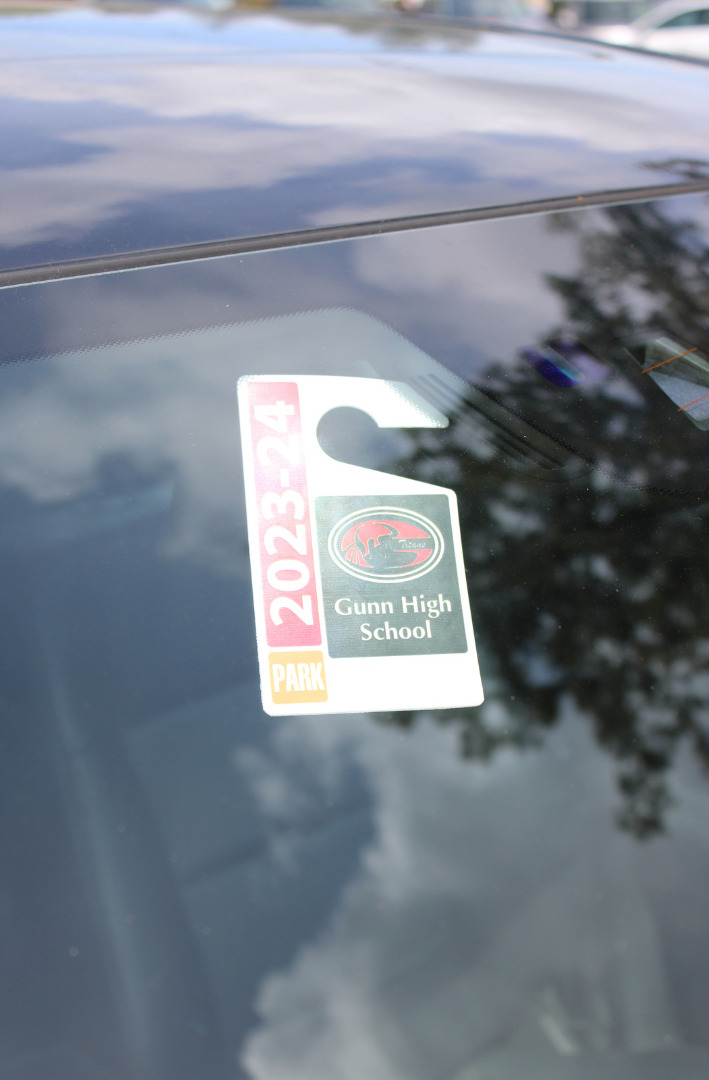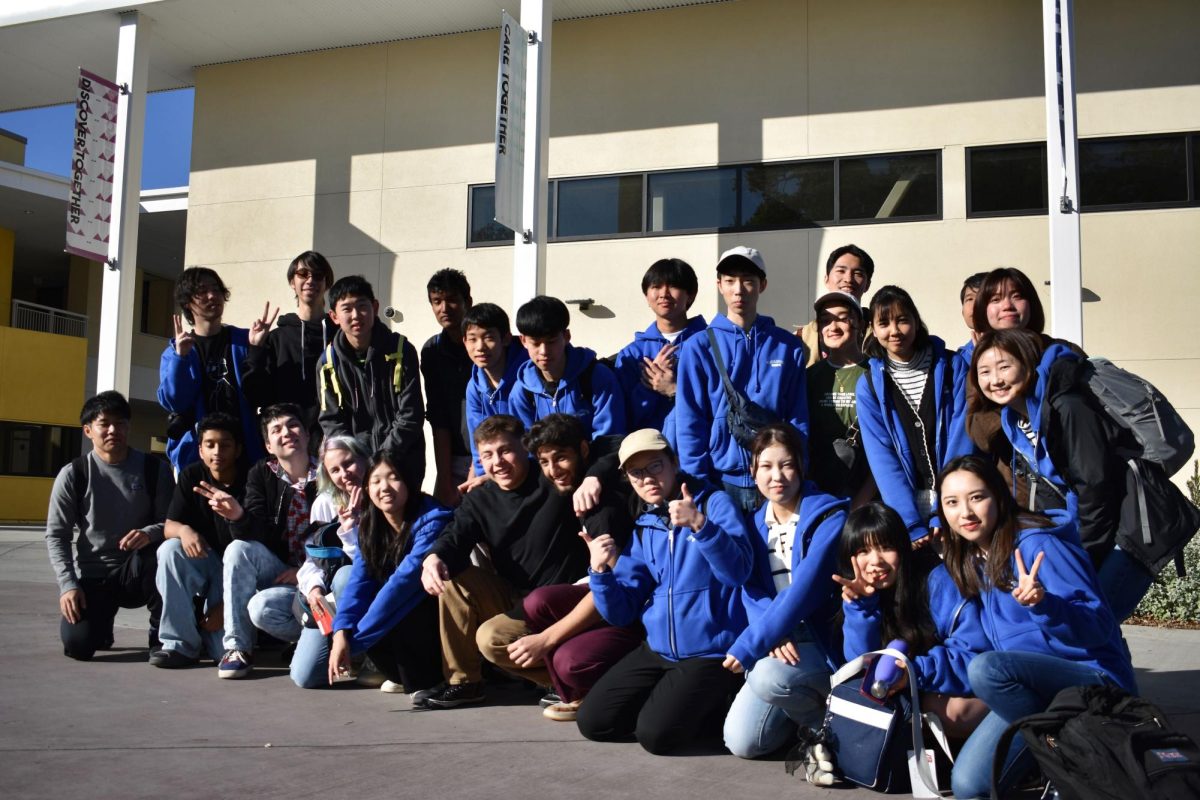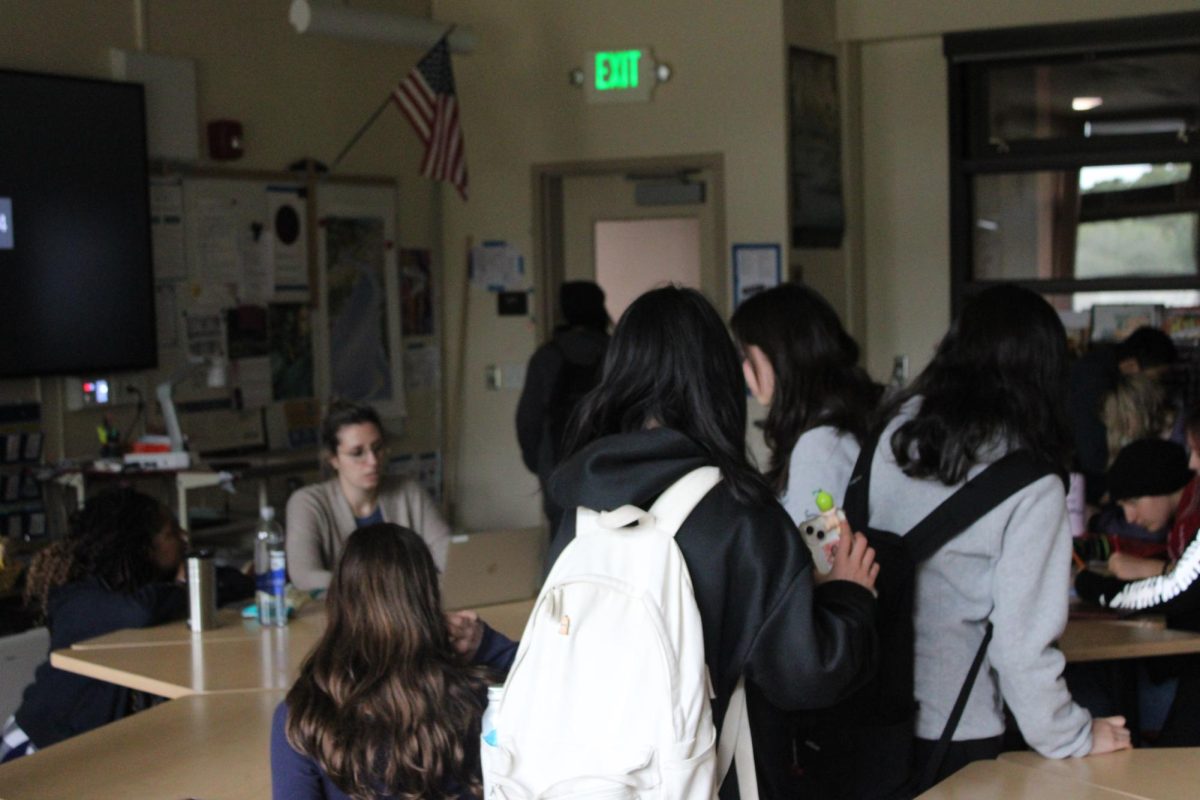On Jan. 17, Gov. Jerry Brown declared a drought emergency in California, and on Jan. 31, the San Francisco Public Utilities Commission took action by officially asking customers of the Hetch Hetchy Regional Water System to voluntarily reduce water consumption by 10 percent. Hetch Hetchy, which currently provides Palo Alto with its water supply, relies on the Sierra Nevada snow pack runoff as opposed to local rainfall. Thus, according to the City of Palo Alto Utilities (CPAU) Communications Coordinator Christen Creed, it is still too early for definite predictions on spring water runoff conditions. “The snowstorm season actually goes on until the end of February, so there’s still time for [the situation] to improve,” she said. “But regardless, we’re trying to urge local businesses and residents to conserve water because it’s always good to conserve, whether there’s a drought or not.”
Science teacher Eric Ledgerwood believes that the current drought is the worst in recorded history.“Many of the reservoirs are extremely depleted and drying up, plus just agriculture alone is struggling to get enough water to make sure the crops don’t die,” he said. Though the current storm in California has added some rain and snowfall to the area, it has not occurred on a statewide basis, according to Ledger- wood. “It’ll be interesting to see the amount of snowfall we get, but with already having three years of not much water, I know a lot of the plants are beyond stressed, even the ones that are adapted for dry ecosystems, so you can’t go that long without a good amount of rain,” he said. “Somehow, agriculture is going to have to look at how they can minimize water usage at night or look into drip irrigation systems, but something’s gotta change the amount of water that’s being pumped in.”
The impact of the drought is beginning to increase, Gunn’s Organic Gardening Club president junior Elizabeth Chang-Davidson says. “It hasn’t rained enough in this state for a year or two,” she said. “[People are starting] to water the trees in their yards, although normally you wouldn’t have to water trees because they have deep roots.” However, Davidson also notes that it can be hard to conserve water in a state that depends heavily on agriculture. “It requires a lot of water to irrigate, especially in the Central Valley, where there isn’t much water to start with,” she said. “I guess the normal things like ‘don’t water your lawn, try to recycle water, take shorter showers,’ can help in the long run.”
Presently, the CPAU department has been working to raise awareness concerning water conservation in and around Palo Alto. “Right now, [saving water] is all voluntary, so we’ve been trying to get the word out on our website, Twitter, Facebook [and] in different bill inserts and ads,” Creed said. “But there are no great [pressures] we’re putting on people for now because we’re still waiting to see how the situation will play out by the end of February.” If the situation regarding snow runoff does not improve, however, CPAU will take more radical steps to reduce water usage. “If the situation doesn’t improve, we might call for [an increase in voluntary water reduction] to 20 percent or 30 percent, etc.,” she said. “The very last step we would take, and it would only happen if the situation became drastic, would be [making] water reduction mandatory, so that a little water conservation was required to a certain percent. If customers used above that percentage, we would then bill them in the higher tier.”
Ultimately, CPAU’s goal is for concerned residents to make active efforts in conserving water. “There are tons of easy ways to conserve, just really basic things you can do all the way to more in-depth things you can do like replacing old toilets which we offer rebates for,” Creed said. “Take shorter showers, turn off the faucet when you’re not using it, and operate your washing machine with full loads, not just one piece of clothing.” Though Creed acknowledges that adjustment might be difficult, she believes that one does not need to change one’s lifestyle in order to conserve. “You can take little steps,” she said. “Because a drop that you save now is a drop you save for the future.”








